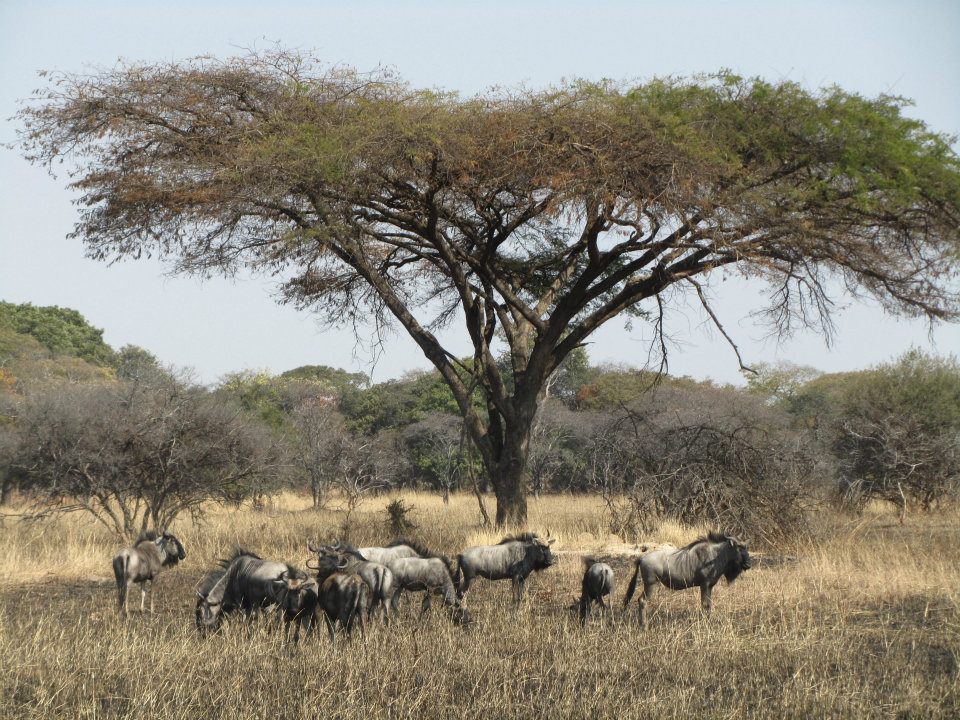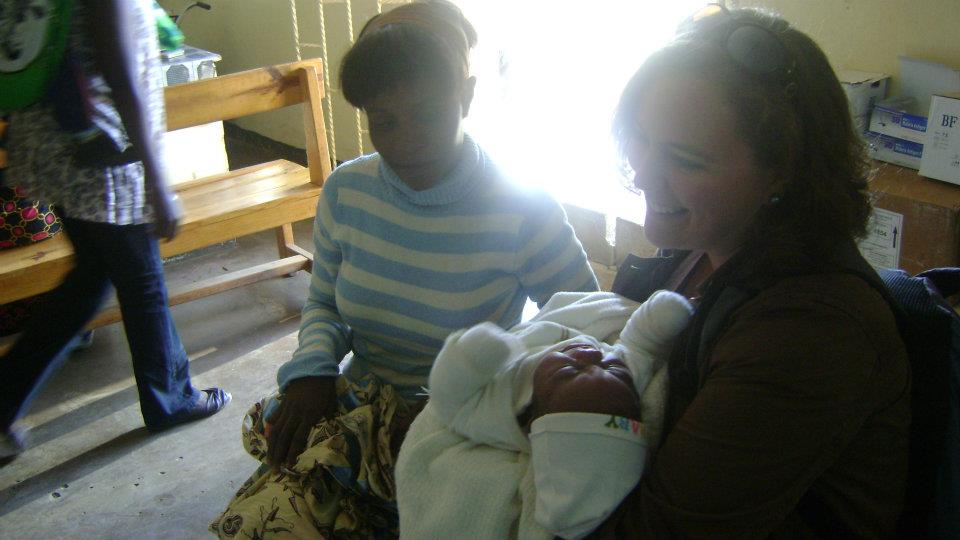On balance and empathy
|

Many of you already know about our team's recent trip to Zambia to document diarrheal disease control efforts, but you might not know that we also spent a few extra days to fall off of the social media grid and drink in the beauty of the quintessentially African countryside, occasionally giving into the urge to break into a chorus of “Circle of Life.”
While rolling through expansive amber savannahs and kicking up dust during our safari drive, I marveled not only at the stunning beauty of the world we often take for granted, but also the intricate balance that underpins it all. For instance, I learned that birds simultaneously offer protection and get nourishment as they peck at insects on the backs of larger animals. Even plants have their own defense mechanisms: an acacia tree that's lost too many leaves will release a chemical that creates a bitter taste, warding off hungry wildlife.
I am in awe of this balance because it seems so precarious. If one element goes awry, everything else suffers. Is that really so different with peoples and nations?
Globalization has made our world small. When we asked our colleagues in Lusaka about what we should eat while in Zambia, they mentioned not only traditional Nshima (a  dish made from boiled maize and corn), but also their favorite Thai restaurant or the new jazz club downtown. In our hotel, we ate fish and chips in an Irish-themed pub, washed it down with Mosi (Zambia's national beer), and listened to the Beatles. American clothing brands commonly appeared alongside brightly patterned chitenges. And always the omnipresent Cola-cola logo welcomed us even to the furthest reaches of our journey.
dish made from boiled maize and corn), but also their favorite Thai restaurant or the new jazz club downtown. In our hotel, we ate fish and chips in an Irish-themed pub, washed it down with Mosi (Zambia's national beer), and listened to the Beatles. American clothing brands commonly appeared alongside brightly patterned chitenges. And always the omnipresent Cola-cola logo welcomed us even to the furthest reaches of our journey.
We can no longer pretend that oceans separate our fates. Lila Watson, an Australian aboriginal, poignantly encapsulates this idea: "If you're coming to help me, you're wasting your time. But if you have come because your liberation is bound up with mine, then let us work together.”
Like the delicate balance that sustains the natural world, our fates are also tied together in many practical ways. Nations' economies are interlinked; diseases know no borders; civil unrest in one country often spills into other regions. Our world needs balance, and prioritizing the health of a nation's children is one of the surest ways that it can grow strong.
 But, I believe the most important ways in which we are tied together are also the most intangible. Zambia Ministry of Health official Vichael Silavwe's direct experience with a mother's grief changed the course of his life. In a rural health clinic, I met Teresa, whose son, Vusi, had just received the rotavirus vaccine, and we chatted and laughed about her son's antics: how he is an angel during the day but “sings his songs” all night (read: makes far too much noise!). No doubt this would bring a knowing smile to mothers all over the world.
But, I believe the most important ways in which we are tied together are also the most intangible. Zambia Ministry of Health official Vichael Silavwe's direct experience with a mother's grief changed the course of his life. In a rural health clinic, I met Teresa, whose son, Vusi, had just received the rotavirus vaccine, and we chatted and laughed about her son's antics: how he is an angel during the day but “sings his songs” all night (read: makes far too much noise!). No doubt this would bring a knowing smile to mothers all over the world.
Both practicality and empathy are on our side when we remember to look beyond artificially constructed borders to help repair and restore balance for a healthy global community. Working together for the world's children is a great place to start.














